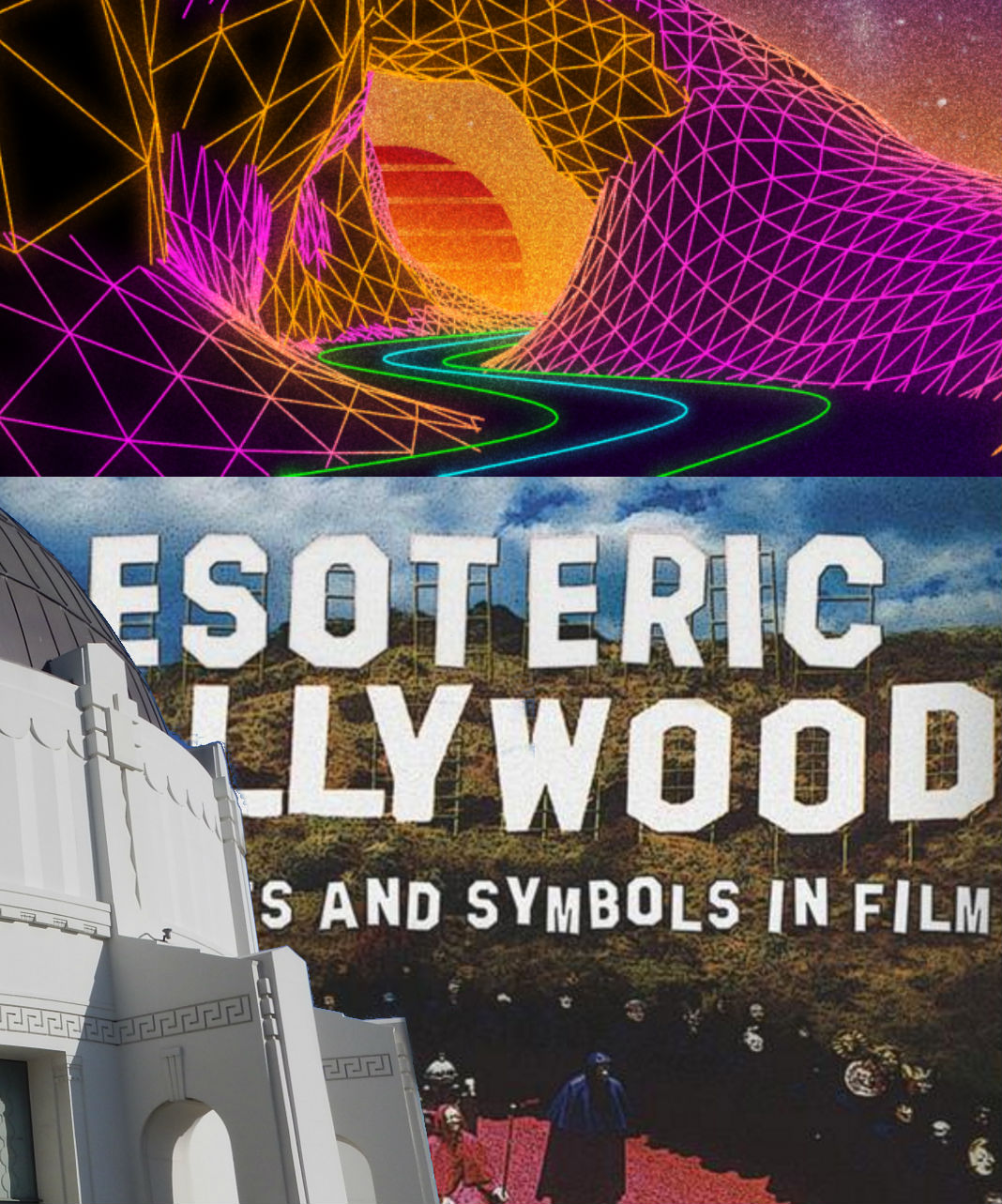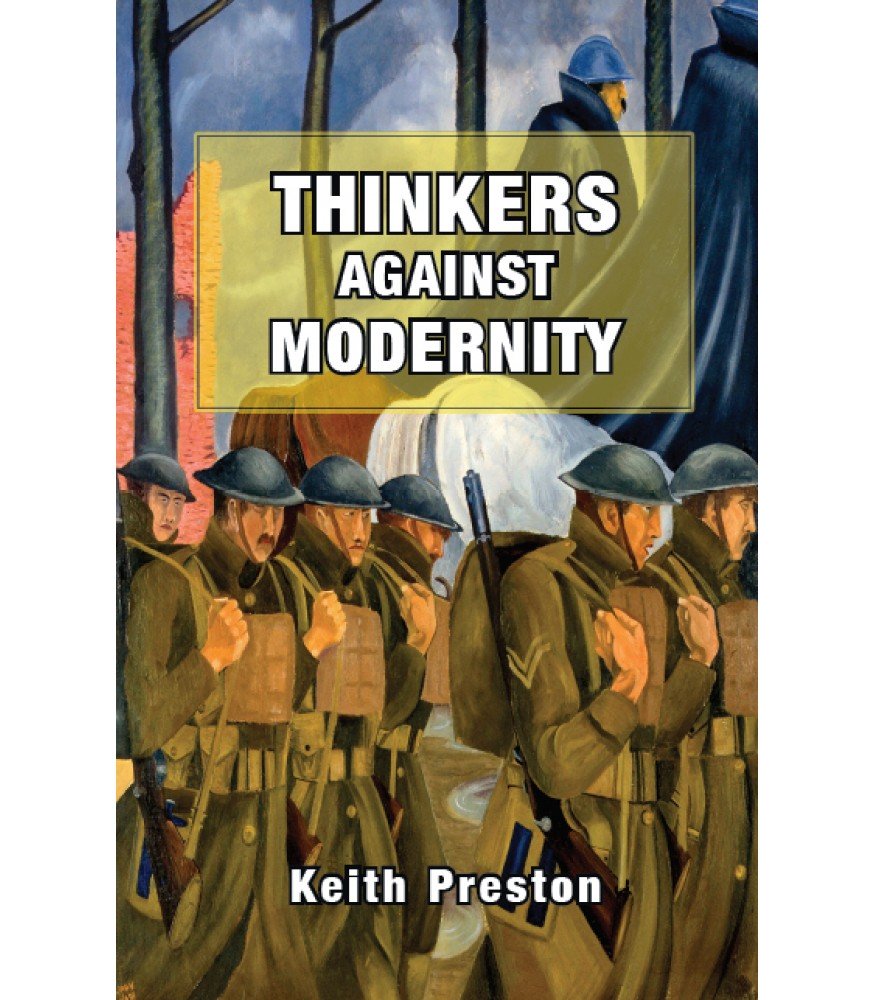Robert Stark and Matt Pegas talk to Keith Preston about the life and philosophy of Austrian occultist and Renaissance Man, Rudolf Steiner, and what we can learn about Steiner’s ideas to address contemporary problems. Check out Keith Preston’s article, Scientific Spirituality and Ethical Individualism: The Legacy of Rudolf Steiner, and Troy Southgate’s new book, THE SPIRIT UNBOUND: RUDOLF STEINER’S PHILOSOPHY OF FREEDOM. Keith Preston is a historian, social scientist, political analyst, author, lecturer, trends researcher, and the editor of Attack the System. Follow Keith on Twitter.
Topics:
The crisis of modernity as anomie, uprootedness from place, identity, tradition, and social bonds, and its impact on the human psyche
Parallels between the modern existential crisis and that of Steiner’s era
Traditional religion being replaced by new secular religions (eg. social justice, scientism, secular heresies)
Steiner’s belief that spirituality and science are interconnected
Parapsychology, including studies of near death experiences
Comparisons to Carl Jung and Christian mystics, Emanuel Swedenborg and William James
Anti-vaxxers’ fascination with Steiner’s warnings of genetically re-engineering people’s spirituality
Steiner’s views on spiritual races and the Steiner schools becoming a target of cancel culture, though Steiner was staunchly anti-fascist
The limitations of materialism and rationalism, and Steiner’s influence from Romanticism
Steiner’s philosophical relation to other thinkers, including Julius Evola, Nietzsche, Aleister Crowley, and Martin Buber
How the essence of Steiner’s political philosophy was reconciling the differences between individualism and rootedness, liberal egalitarianism and tradition, and occultism and ethics
How Steiner favored an economic system like distributism, over capitalism or Marxism, and decentralized local autonomy and identities, over nationalism
Click Here to download!
Checkout Robert Stark’s Facebook page, Twitter, Instagram, Stark Truth TV, novel Vaporfornia, and subscribe to his Substack.



